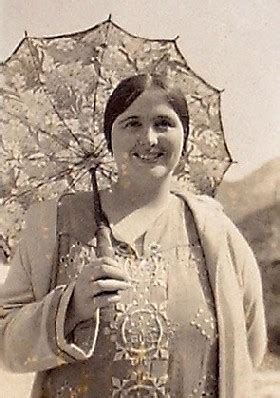A Quote by Donna Tartt
Shakespearean words, foreign words, slang and dialect and made-up phrases from kids on the street corner: English has room for them all. And writers - not just literary writers, but popular writers as well - breathe air into English and keep it lively by making it their own, not by adhering to some style manual that gets handed out to college Freshmen in a composition class.
Related Quotes
I used to do miserably in English literature, which I thought was a sign of moral turpitude. As I look back on it, I think it was rather to my credit. The notion of actually putting writers' words into other words is quite ridiculous because why bother if writers mean what they mean, and if they don't, why read them? There is, I suppose, a case for studying literary works in depth, but I don't quite know what 'in depth' means unless you read a paragraph over and over again.
Read a lot. But read as a writer, to see how other writers are doing it. And make your knowledge of literature in English as deep and broad as you can. In workshops, writers are often told to read what is being written now, but if that is all you read, you are limiting yourself. You need to get a good overall sense of English literary history, so you can write out of that knowledge.
Translated literature can be fascinating. There's something so intriguing about reading the text second hand - a piece of prose that has already been through an extra filter, another consciousness, in the guise of the translator. Some of my favorite writers who have written in English were doing so without English being their first language, so there's a sense of distance or of distortion there, too. Conrad. Nabokov. These writers were employing English in interesting ways.
It is a mass language only in the same sense that its baseball slang is born of baseball players. That is, it is a language which is being molded by writers to do delicate things and yet be within the grasp of superficially educated people. It is not a natural growth, much as its proletarian writers would like to think so. But compared with it at its best, English has reached the Alexandrian stage of formalism and decay.
Why are you uncomfortable with the supernaturalist worldview of the biblical writers? Evangelicals don't want to just say, "Well, the inspired writers were wrong about some of their beliefs about the spiritual world and its inhabitants." That really doesn't work in a confessional situation! So instead we come up with excuses and interpretations that allow us to remake the biblical writers in our own post-Enlightenment image. I understand that impulse, but it's not honest.






































